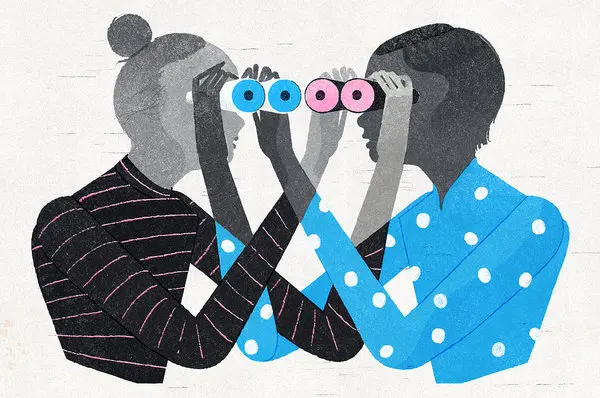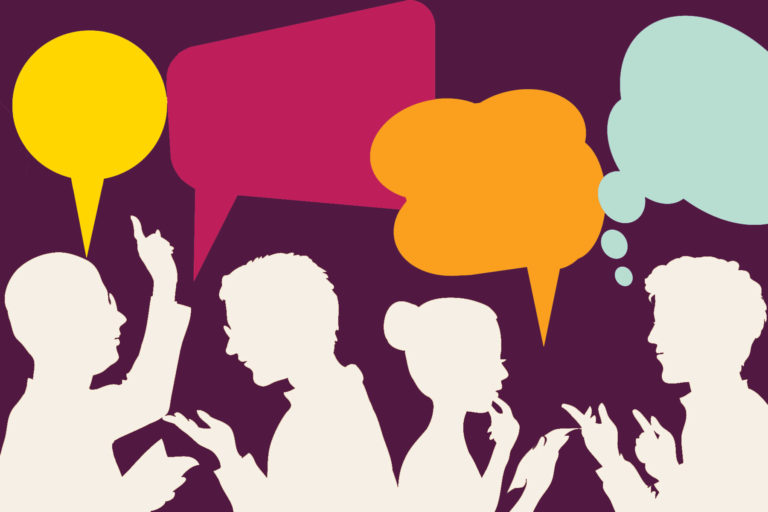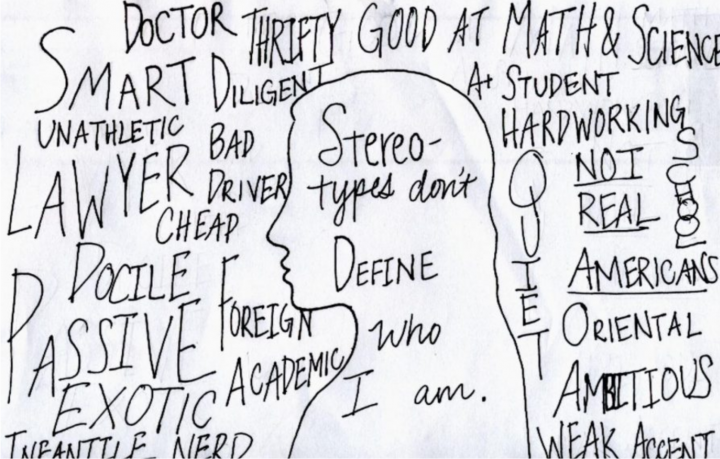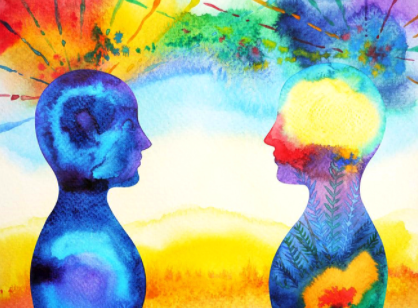The Remedy for Disconnection: Empathy
Heavy feet and a heavy heart…
remedy lies in kindness:
words of comfort
and an uplifting smile that says,
I know how this feels,
I am here for you.
Here for you enough that
you have a shoulder
when you need one,
and someone to untie the knots
when the strings get too tangled.
Remedy lies in empathy.
_
In my life, I see my loved ones struggle. Small or big, I see these struggles unfold up close. I feel upset that the people I care for are in pain.
My first instinct was always to help. What can I tell them that will help fix this?
When I was in a difficult place, I was met with the same sentiment I had given to others in my place. The result was a feeling of isolation.
What was lacking? Certainly not sympathy.
I discovered that what was lacking was empathy.
n-
What is empathy exactly?
Empathy, unlike sympathy, is a deeper understanding of others feelings, and the ability to share them. Empathy lets you put yourself in other’s shoes, whereas sympathy makes you an observer. This quality of empathy makes it a crucial component of providing support and strengthening connections.
Why is empathy important?
Many of us may be familiar with the feeling of disappointment that comes with reaching out for support and not receiving it in a way that is constructive to our current state.
Sometimes, those reaching out do want advice. However, most of the time, what is needed is to be heard and supported. Feeling connected to someone who ‘gets it’ can be an incredible crutch in times of difficulty.
Empathy and Mental Health:
Everyone struggling with their mental-well being, or even just difficult circumstances in general, experience things differently. That is why there isn’t one right way to support everyone. Despite this, trying to put yourself in that person’s place can help you decide how to initially approach the situation.
Acting with empathy makes people feel heard and genuinely supported. The level of concern isn’t just surface-level. Being empathetic requires emotional availability and vulnerability.
How can empathy be developed?
To some people, acting with empathy is second nature. For others, it requires mindfulness and effort. This is not in any way an indication of someone being a bad person.
The difference in approach can be because of how the person has been conditioned, their difference in experiences, or even the norms of the community a person is from.
Regardless, empathy can be developed. It may be a slow process that requires some effort, but it is possible. Here are some ways this can be achieved:
- When someone reaches out for help, ask yourself – “How would I feel if I was in the same situation as them?”
- No matter how tempting it may be, refrain from giving any kind of advice. Remind yourself that the person needs to feel supported.
- Don’t be too hard on yourself if you find this process difficult. After all, your intentions are good. Be patient and remind yourself that by working on changing your approach, you will be able to convey the nature of your intentions in a constructive way.
When Empathy Becomes Harmful:
Empathy can be exhausting. If you find yourself giving support often, you can begin to feel emotionally burned out.
When this happens, it is okay to step back, and refer the person to another source of support. You can say something along the lines of “I really want to be there for you, but at the moment, I’m overwhelmed myself so I don’t think I will be able to support you in the way that you need.”
It’s essential to look after your own emotional needs, and practice self care consistently.
–
Empathy is amazing in its ability to turn difficult situations around. It allows the human in us to shine, and helps us create a deeper connection with those who are close to us. This makes empathy the remedy to disconnection.
Krishna, New Jersey







